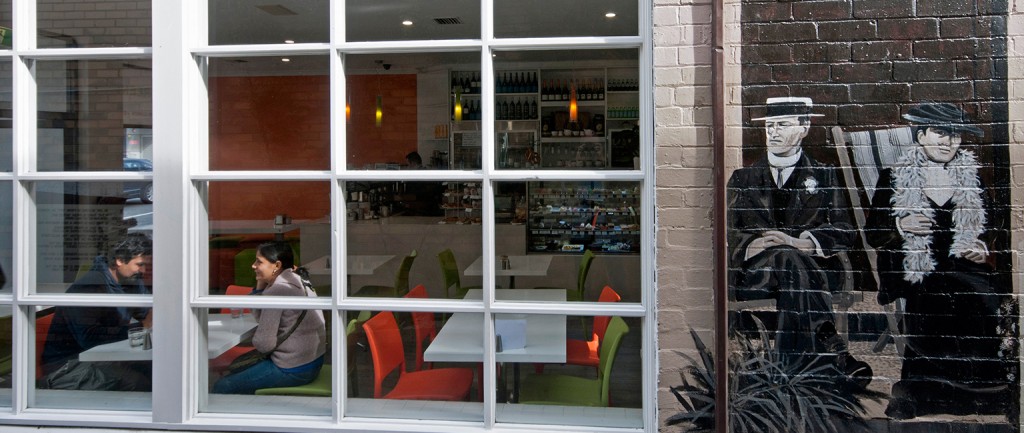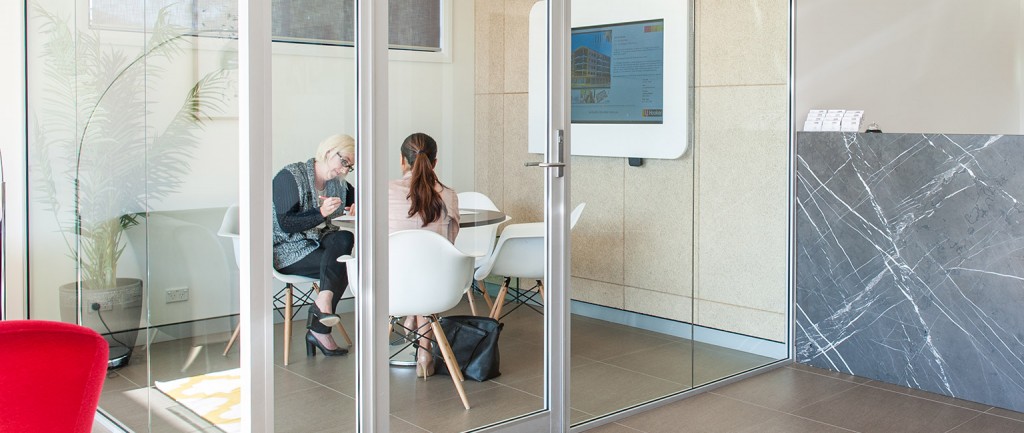What is a business?

A business can be defined as ‘a commercial activity, operation or company’. Essentially, this means any individual or group of people who are making or intending to make a profit through the provision or trade of services or goods.
While the term itself is broad, there are a few key things to consider if you’re weighing up business opportunities or considering starting your own business.
Types of business
While the definition for a business is quite general, there are some distinctions between the types of business you can operate. The first is whether your business is non-employing or employing.
In 2016, 61% of Australian businesses were non-employing, which means they were self-employed individuals or groups, sole proprietors and trading-only companies.
Small businesses – made up of 1-19 employees – represent 36% of the market, while medium businesses (20-199 employees) account for 3% and large businesses (over 200 employees) make up only 0.2% of the market.
Where it can get confusing is in the differing definitions by government bodies. For example, the Australian Securities and Investments Commission notes that a small company has to satisfy two of the following three characteristics:
- an annual revenue of less than $25 million
- fewer than 50 employees at the end of the financial year
- consolidated gross assets of less than $12.5 million at the end of the financial year.
In contrast, the Australian Taxation Office says a small business is one that turns over less than $2 million (excluding GST) in revenue every year, while Fair Work Australia defines small business as one that employs less than 15 people.

Small businesses made up 36% of the Australian market in 2016. Picture: Getty
Size aside, there is also structure to consider. Businesses in Australia can be structured four different ways:
- Sole Trader – an individual responsible for the entire business. You can employ others, but legally, it’s on you.
- Company – a legal entity that sits separate from its shareholders
- Partnership – a group of people or entities that run a business together, but not as a company
- Trust – an individual or group of people that holds property or income for the benefit of others.
If you’re looking to start your own small business, it is most likely you will fall under the first two categories. That said, it’s always worth presenting your idea and business model to a business adviser to make sure.
While it may seem overwhelming, knowing the definitions and types of businesses can only improve your chances of converting a business idea into a profitable success. If you’re still searching for the right opportunity, check out these 10 small business ideas to get your creative juices flowing.







